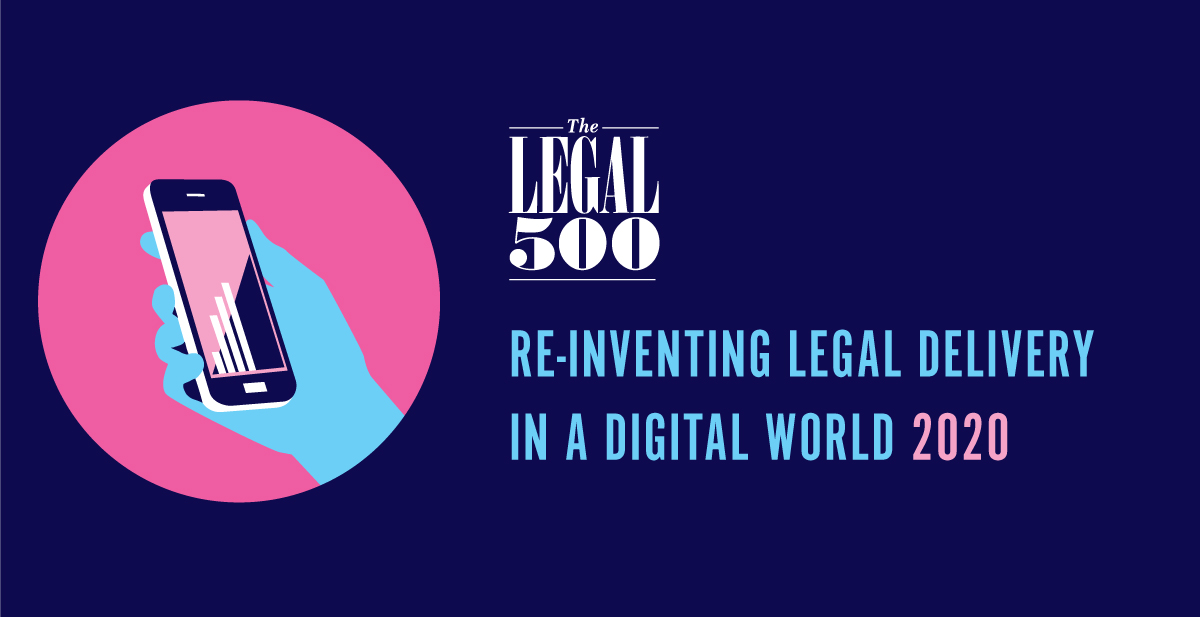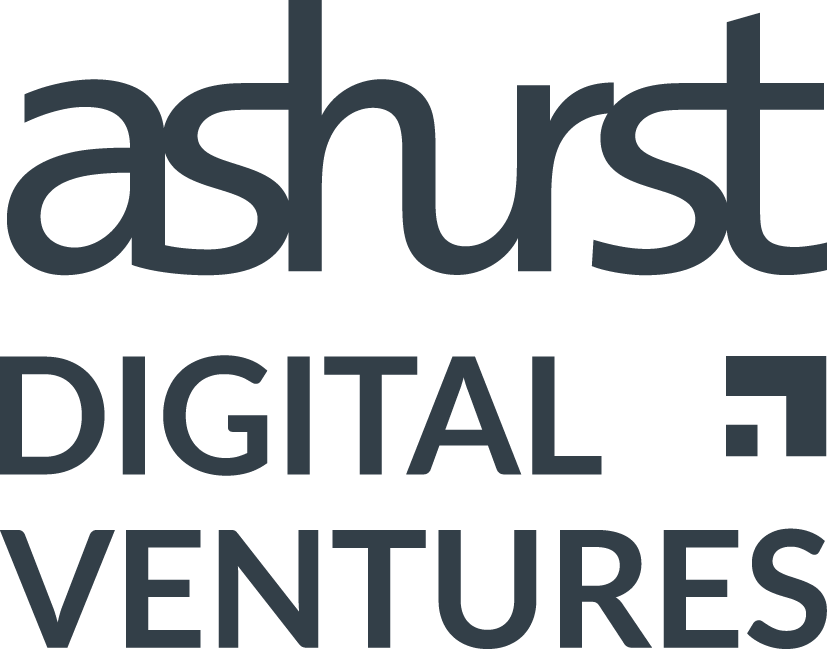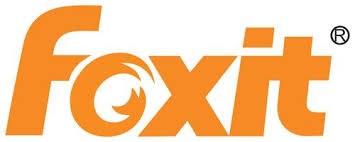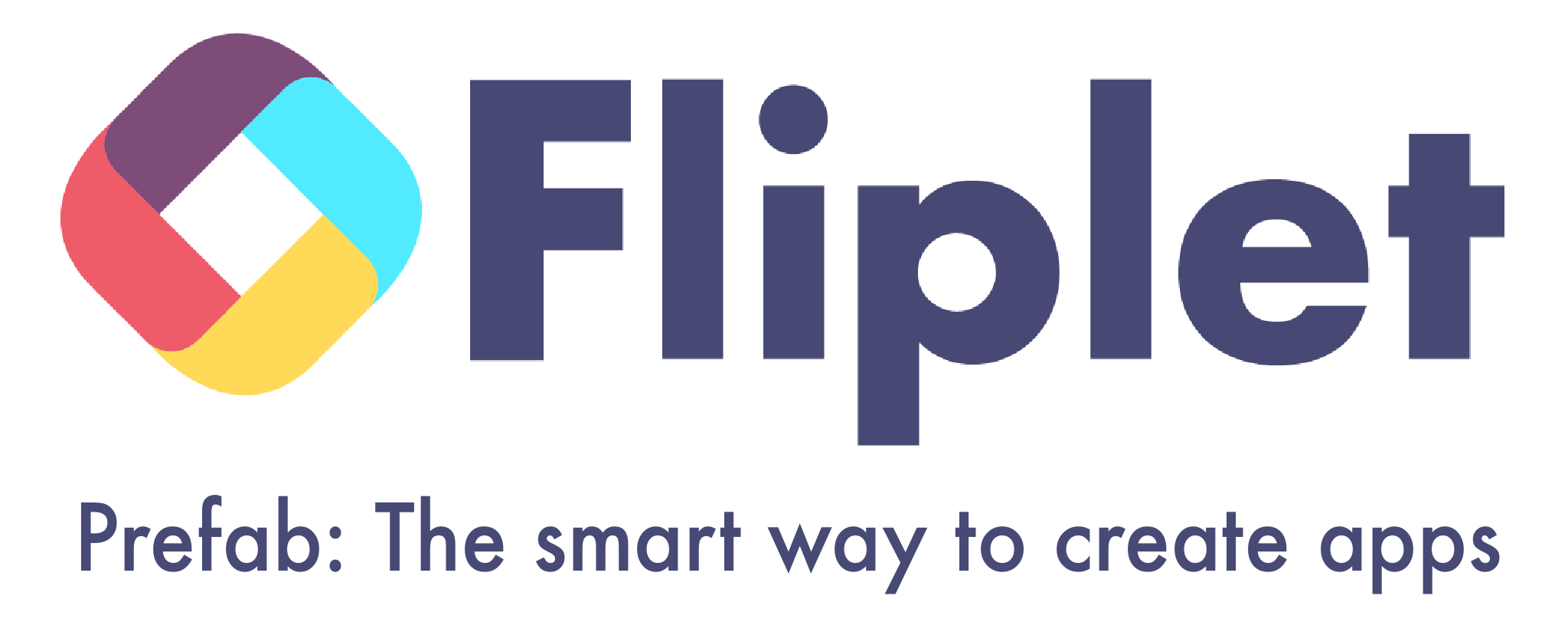
Event information
Venue: Main Auditorium, BT Centre, 81 Newgate St, London EC1A 7AJ
Agenda
| Reinventing Legal Delivery In A Digital World 2020 | |
|---|---|
| 9.00am | Busting the myth of innovation This session explores how the successful firm of the future is using technology effectively now – and how YOUR firm can make it happen.
|
| 9.50am | Designing a law firm to succeed in digital times Law is an $850bn global market. For the last 30 years firms have used technology to store documents and emails, but the bulk of legal work remains a manual process. Until the last four years tech solutions to front line law firm services were thin on the ground, but now there we are confronted by a tsunami of solutions.
|
| 10.50am | Coffee break |
| 11.00am | Technology – an effective investment or money down the drain? For years experts have referred to ‘ideal’ metrics of 5% turnover spend for tech investment. Increasingly this model has been exposed as giving unrealistic and unhelpful results. Spend will vary enormously according to volume of work, operational models and the size and spread of a firm’s geographical footprint. Additional budgetary impacts are presented by new and different tech concerns – cyber security, new categories of tech (AI, Analytics, document lifecycle), as well as Innovation Functions and partnering arrangements with ALSPs.
|
| 12.00pm | Lunch |
| 1.00pm | Contracts – kill or cure? Legal teams take the lead in ensuring contracts are carefully negotiated, and that their clients are protected by their terms. It’s increasingly clear that contracting is an inefficient and clumsy process, and that time and effort invested are often disproportionate to the value delivered. Contract lifecycle and obligation management are ineffective. Few standard terms such as JCT and INCOTERMs exist.
|
| 1.50pm | Is the future of law firms all about launching? Lawyers have traditionally billed by the hour, though fixed and other fee structures have become more commonplace in recent years. Fundamentally the ability to generate revenue and profit has been linked to having the right number of people with the right skills at the right time to meet client demand. Law firms generate good profits but there has always been a limit to their ability to scale up, and generate larger revenues. Additionally, law firms only get paid for their work once unlike many other businesses.An explosion of legal tech offerings means that model could be about to change. Clients are demanding that legal services be delivered in more innovative ways, and one-off advice is giving way to ongoing service provision. It follows that law firms have the potential to generate profit in new ways. Additionally, the regulatory tech market is opening up, allowing law firms to produce systems which proactively prevent legal breaches.
|
| 2.45pm | Coffee break |
| 3.00pm | Litigation is uncertain and not for the faint hearted – or is it? Historically litigation has been an expensive and uncertain area dependent on employing the best lawyers and barristers with the experience to make astute recommendations as to strategies and chances of success. The world has now changed. A range of legal prediction technologies for both volume and big-ticket litigation, data point mapping systems, judicial sentiment systems, online dispute resolution tools, smart contacts, e-disclosure and pleadings analysis systems all now exist.
|
| 3.40pm | Office 365: the platform of all platforms which changes everything or just another product from Microsoft? With in excess of 170m global users, Office 365 has enjoyed huge uptake. It has a huge range of functionality with unprecedented R&D and security budgets. Every week both integration and functionality increase at a time when businesses are increasingly moving their software and infrastructure to the cloud. The technology costs of setting up a law firm have dropped substantially but their dynamics may be very different. Law firms are increasingly moving spend from CapEx to OpEx; small firms can access the functionality of much larger firms; and there have been recent enhancements in areas like digital dictation, e-disclosure and augmented AI.
|
| 4.20pm | Coffee break |
| 4.30pm | How to manage risk in an exponential digital world Lawyers live and breathe risk, and profession works day in, day out advising clients on how to navigate and avoid it. Clients’ operations are becoming more and more complex, a trend which is compounded by increasing pace of change. Risk exposure is on the march, and with elevated power for regulators the threat of penalties is a material business risk. Law firms themselves have been exposed to increasing risk in recent years and PI premiums are consequently on the rise. Technology and digital present new types of risk with which firms have never previously had to deal. Cyber theft and terrorism are hugely significant factors. Less evident are risks arising from the mismatch between liability caps between the terms of supply of IT suppliers and law firms. Firms will increasingly deal with data sets of unknown provenance and AI systems where the workings of algorithms are unknown or unclear. On a positive note, AI is proving very effective at risk scanning and identifying issues humans struggle with spotting.
|
| 5.10pm | The technologically advanced client: what do they mean for law firms and how do we best support them? Recent years have seen the growth of the technologically advanced client. Previously clients may have struggled to gain access to technology. They were often the poor relations to the core business. Advances in cloud technology, the overall advancement of other business services departments and increase in regulatory risk have meant that often in-house teams have a stronger technological capability than law firms who are dealing with driving change in multiple practice areas.At the same time the industry has witnessed he expansion of in-house legal operations as well as Alternative Legal Service Providers and the growth of the Big 4 Legal Management Consulting practices.
|
| 6.00pm | Closing remarks |
| 6.10pm | Drinks reception |
These panel sessions are subject to change
Speakers include
Derek Southall, CEO, Hyperscale Group
Derek Southall is a high-profile and very well-connected figure in the legal technology, innovation and digital marketplaces. Derek has spent over 20 years working both within a global law firm and with major global clients in developing strategies and implementing a range of business improvement projects relating to technology, digital, compliance, risk, and productivity. The firm has grew from £27mil when Derek joined to over £400mil. Derek has played a key role in supporting this growth through the dotcom era, multiple recessions, internationalisation, head quarter moves and several waves of technological changes. Three years ago Derek founded Hyperscale Group to provide strategy, technology and digital advisory and implementation services to professional services firms, in house legal teams venture capitalists and major corporates.
Florian Schwiecker, vice president for global sales, Philips Dictation
Florian Schwiecker was an attorney and founding partner of a German law firm before he joined Philips Dictation (SPS) in October 2008. As the vice president for global sales, he’s responsible for the organisation’s commercial endeavours worldwide. Before joining Philips/SPS, Florian was the CEO and a shareholder of one of the most successful dictation solution providers in Europe, equipping over 5,000 law firms. Since joining Philips/SPS, Florian has developed an ecosystem of cross-industry partnerships around speech-based technologies, while engaging in business transformation consulting for legal firms to ensure they spend less time on documentation and admin tasks and more time serving clients and improving profit.
Jason Scott, Tikit
Jason Scott is a senior business consultant at Tikit and has spent the last 25+ years working with professional service organisations in particular law firms on technology projects with a focus on DMS migrations, system design and data integration.
Panelists include
Jonathan Patterson, managing director, DWF Ventures
Jonathan is known for innovation in the business of law with particular expertise in creative thinking, research and development, and design. As the managing director for DWF Ventures, he oversees horizon scanning, the development of new ideas and the delivery of R&D services for the global legal business DWF Group.
John Croft, president and co-founder, Elevate
John Croft has spent the last thirty years helping law departments and law firms improve their efficiency, quality and outcomes. He is president and co-founder of Elevate, a law company that provides consulting, technology and services to law departments and law firms. The company’s team of lawyers, engineers, consultants, data scientists and business experts extend and enable the resources and capabilities of customers worldwide. Elevate is the most-used law company according to the 2017 State of the Industry Survey published by the Corporate Legal Operations Consortium (CLOC) and has been ranked on the Inc. 500 Fastest Growing Private Companies list for the past two years in a row.
Nigel Tranter, chief technology officer, Pinsent Masons
Dynamic executive leader with considerable experience of delivering strategic enterprise transformation, coupled with exceptional operational performance.
As CTO Nigel provides strategic leadership and is accountable for all technology services including enterprise business change, product development and servicing, technology and enterprise architectures, operational platforms, service management, technology governance and technology aligned financial management on a global basis, while providing the business with a clear roadmap for change to meet business objectives.
Shane Scott, IS director, Shoosmiths
Shane is a senior IT Executive with experience across multiple industry sectors including professional services, FMCG, manufacturing, pharmaceutical, retail and logistics, operating at board level across the UK, US, Europe, Africa and the Far East. Since joining Shoosmiths just over six years ago Shane has managed a transformation programme that has seen the implementation of SAP as Shoosmiths Practice Management System, new Document Management System, rationalised the Case Management landscape from 13 different systems into two and implemented the digital office, a paperless operating environment and agile workspace.
Prior to joining Shoosmiths Shane held CIO roles at UK Mail, ICI Paints, Unilever and Abbott Pharmaceuticals leading global ERP, CRM and digital transformation programmes. Born in the North West of England Shane has a honours degree in Geophysics and a MBA.
David Halliwell, director, client solutions, Pinsent Masons
David Halliwell is a lawyer who started asking ‘surely there’s a better way of doing this?’ 20 years ago, and hasn’t stopped trying to answer that question ever since.
His focus is on understanding what matters to our clients, to help them make legal services work better for their business. Drawing on the resources available across the firm, he can design and develop solutions with clients, to support their legal transformation agendas and to inform the firm’s strategy.
Natalie Salunke, head of legal, Fleetcor
Natalie Salunke is the head of legal for Fleetcor, a global provider of specialised payment products and services to commercial fleets, major oil companies and petroleum marketers. She is a member of the UK and European management teams and plays a strategic role in advising the business across the UK, Europe, Asia and Australasia. Prior to her role at Fleetcor, Natalie carried out similar roles for Enterprise Rent-A-Car, NetSuite (now part of Oracle), and was Group Head of Legal and Company Secretary of Venda.
Helen Lowe, head of operations (general counsel’s office), EasyJet
Helen is an operational change and transformation specialist with experience both as a consultant with KPMG and in industry with Sellafield Ltd, the Co-op and easyJet. She moved into the world of in-house legal in 2015, working with the legal team at the Co-op to transform the way they work and interact with the business. She recently moved to easyJet as head of operations to the general counsel’s office and is leading a review of the legal panel and driving the technology agenda across the general counsel’s office.
Brian Cullen, chief executive officer, Jackson Lees Group
Brian has over 20 years’ experience in various industries, including IT, telecoms, banking, and legal services and has worked in a number of different geographies including Ireland, UK, Middle East and Caribbean. In May 2016, Brian became CEO of Jackson Lees Group, a forward-thinking, award-winning law firm based in the North West. He perceives it as his job to knock down the walls within the business and industry to make sure that staff are happy and productive. They can, in turn, ensure an exemplary experience for clients, regardless of the service provided. Brian, with the board and senior team, is always looking for ways to provide greater solutions, through the right access channels, while ensuring great value for money.
Marcelo Moura, head of expansion, Case Crunch
Marcelo Moura is Case Crunch’s head of expansion. He has been a lawyer since 2008 and has worked as solicitor, professor, prosecution legal adviser, and corporate in-house counsel.
Joe Kohler, partner, Reed Smith
Joe is a partner in Reed Smith’s financial industry group, with extensive experience of transactions and regulation across investment banking industry asset classes. Prior to joining Reed Smith at the start of 2020, Joe spent 18 years at Deutsche Bank where he co-led their sales and trading legal function globally.
At Deutsche, Joe was a key player in its engagement with digitisation. One of the attractions for him of moving to Reed Smith was to provide to his clients its GravityStack solution for combining data insights with legal process.
Ben Stoneham, CEO and founder of Autologyx
Ben Stoneham is CEO and founder of Autologyx® and the creator of the ALX Digital Operations Platform. Boundlessly enthusiastic about the power of automation to enable businesses to innovate and disrupt, Ben is on a mission to automate legal operations and all of its complexities.
As an expert in his field, Ben has written in the last year alone for Lawyer Monthly, The Network, Artificial Lawyer and has contributed a chapter for an upcoming Legal Tech book by Wiley publishing.
Autologyx® enables low-risk innovation to ensure a sustained competitive advantage for its clients, which include Konexo, a division of Eversheds Sutherland, Boeing and the Adecco Group.
Harvey J. Bishop, managing business officer and senior legal director, EMEA, Pegasystems Ltd
Harvey is a senior business lawyer, commercial director and team manager with 25+ years’ experience working in international markets. He also has extensive experience in framing, pricing and negotiating high volume, high value contracts in EMEA countries.
Anna Lolua, head of legal innovation and design at SYKE
Anna Lolua is head of legal innovation and design at SYKE, advising corporate legal teams and law firms on how to procure and implement legal technology. Anna helps bridge the gap between IT and legal, with a proven track record of delivering sophisticated solutions to all sectors of the market.
Anna has assembled and led legal engineering teams in multiple jurisdictions, is an experienced corporate and commercial lawyer and an MBA qualified business consultant.
Sarah Perry, managing partner, Wright Hassall
Sarah is Wright Hassall’s managing partner. Since becoming managing partner in 2016, Sarah has been the driver of considerable change throughout the firm, helping drive the firm to a near doubling of turnover and size – winning the accolade of Regional Law Firm of the Year in 2017. In the same year she was recognised by The Lawyer as one of the legal sectors leading lights winning a place in their Hot 100 list.
She is passionate about legal technology and an evangelist of how technology can improve the overall client experience and drive cost efficiencies. As managing partner she leads the charge across the firm to drive innovation and process improvement in everything the firm does.
Sarah is also a top rank litigator particularly known for her commercial and finance litigation expertise and still practices in her ‘spare time’.
Wayne Spillett, Head of Legal, Commercial Operations, Vodafone
Wayne leads a set of legal teams at Vodafone Group that are responsible for managing legal risk in all areas of its group commercial operations businesses, including: brand, partnerships and alliances, consumer services, M-commerce, M-Pesa, consumer IOT, strategy, commercial management and channels. These teams support Vodafone’s chief commercial officer and his direct reports to run their business units. Wayne is also implementing a transformation programme to drive adaptable, lean and digital behaviours so that the teams are ready to support an increasingly agile and changing business, as empowered strategic counsel. Wayne is the group legal panel manager for Vodafone’s panel law firms. He also leads Vodafone’s engagement with Stonewall as a new global founding partner, working alongside other multinationals to encourage broader societal change for the better on LGBT+ inclusion. In The Legal 500 UK Awards 2018, Wayne was an in-house winner of Individual of the Year.
Gideon Cohen, co-founder, Solomonic
Gideon is both a hands-on co-founder of Solomonic and practising barrister at One Essex Court. Notable cases include appearing for British Airways in the ongoing ‘air cargo’ litigation.
Educated at Cambridge where he won the Slaughter and May prize for the best First in law, he was also a Kennedy Scholar at Harvard.
Dr Michael Tal, co-founder and co-CEO, BusyLamp
Michael is a passionate legal tech entrepreneur and attorney, who served for several years in the corporate law and M&A departments of both Skadden, Arps, Slate, Meagher & Flom LLP and White & Case LLP. He is a co-founder and co-CEO of BusyLamp, an innovative software company in the legal space.
Nadine Zimmermann, assistant legal director, Oxford Nanopore Technologies
Nadine is the assistant legal director of Oxford Nanopore Technologies, where she manages legal risks and operations across EMEA, APAC and the US. Previously, she was global legal director at Lumeon, legal counsel for Illumina and team leader of the legal department at TWI.
Nadine has extensive global experience and has been recognised for her expertise in building out global legal functions, negotiating multi-national and multi-million business and financial transactions and delivering high-level strategic, legal, operational and commercial advice to boards, investors and management teams across the US and Europe.
Samantha Thompson, head of legal M&A, Anglo American
Samantha (Sam) is currently head of legal M&A having joined Anglo American in November 2018. In addition to her BAU M&A portfolio, among other things Sam is on the steering group for Anglo American’s Beyond Legal project, part of which is focussing on technology and how the sector needs to adapt and evolve. Prior to joining Anglo American, Sam spent three years at PwC in London, latterly as co-head of corporate affairs, and prior to that Sam was based in Hong Kong for 10 years where she was a corporate partner at Linklaters from 2009. She started her career at Slaughter and May in London.
Sam holds an MSc in international strategy from the London School of Economics and Politics, an MA in chemistry from Oxford University, and LPC and CPE from the College of Law in London. Sam is a qualified lawyer in England and Wales, and in Hong Kong. In 2018 she completed a coding course, and in 2019 she completed the Women Leaders Programme at INSEAD.
Outside work Sam enjoys running, swimming, reading and yoga, and has recently re-discovered tennis. She also keeps busy with her two young children.
Jamie Fraser, CEO and founder, NineNineSix Solutions
Jamie Fraser is CEO & founder of the legal operations consultancy business, NineNineSix Solutions. He is also a consultant lawyer with the alternative law firm, Jurit LLP.
He started out his career as a commercial lawyer in private practice in London at Freshfields and then US firm Arnold & Porter, focusing on technology and IT matters. He moved in-house to IBM for four years, before taking the first of three roles with the FTSE 100 company, Smiths Group Plc, where he was General Counsel for the internal IT function), then Associate General Counsel at John Crane (the oil & gas business), before finishing up as Director of Legal Operations & Innovation. This role was focused on the transformation of the Legal function – both in terms of becoming an integrated function, as well as how technology can support and improve the provision of legal advice.
Jamie is committed to using legal design and technology to drive engagement, financial and commercial operational compliance, and to measure and manage risk. He is a regular contributor and speaker within the legal technology, innovation and operations communities. His particular areas of expertise include utilising software, analytics, algorithms and principles of behaviour and game theory to drive efficiency and cost reduction in overall budget for corporate legal functions. He is also currently working with a number of City law firms on legal operations issues.
Jamie holds a bachelor’s degree in Law with European Law from New College, Oxford (1997). As part of this degree, he studied for a year at Leiden University in the Netherlands. He completed his Legal Practice Course at the Oxford Institute of Legal Practice.
Ian Broom, CEO, Fliplet
Ian works closely with over 45 global law firm clients to support them in their use of apps, share best practices and manage their mobile strategy.
He was inspired to found Fliplet six years ago after seeing clients implement technology but struggle to maintain it. The time and resources required to alter, update and secure technology swamped many innovative business applications. Fliplet was designed to enable anyone to quickly and easily create, launch and maintain apps. By lowering the hurdle to app development Fliplet empowers its clients to rapidly create, test and iterate ideas. Ultimately allowing new business use cases to succeed where they wouldn’t have previously.
Agenda
In association with
Tikit is part of BT Group and over 25 years has grown to be a leading provider of innovative and specialist technology to the legal and professional services sectors with over 1,500 clients globally.
With technology ‘ecosystems’ that are made up of their own software (Tikit Carpe Diem, Tikit Connect, Tikit Template Management System and Tikit Partner for Windows), and other leading providers applications, Tikit works in partnership with its clients to build technology solutions that enable them to flourish, now and in the future.
Hyperscale Group delivers a range of services in relation to Innovation, Digital, Futures, Strategy, Operational Excellence and more – we also help people select technology and to implement it. The company works for corporates, in house legal teams, software companies, venture capitalists, SMEs, start-ups, law firms and other professional services businesses. The purpose of the company is to help businesses to maximise their potential in an increasingly digitised and complex world. We work hard to turn threats into opportunities, uncertainty into strategy and ideas into delivery in a world where exponential has become the new normal. Hyperscale Group prides itself on its experience, contacts and ability to help its clients to succeed. We focus on making the right things happen.






























